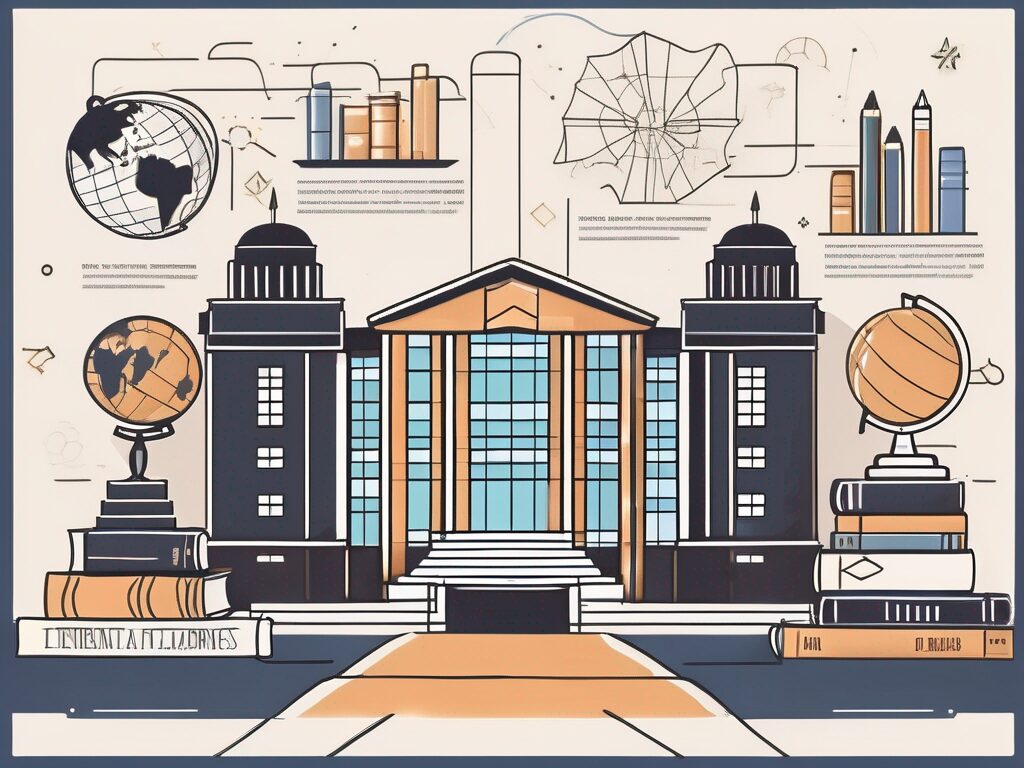Essential Experience Requirements for Educators at International Schools in the Philippines
The Philippines, a dynamic nation in Southeast Asia, boasts a wide array of international schools recognized for their exemplary educational standards and diverse cultural environments. These institutions attract educators from around the world, offering unique opportunities for professional growth. For those contemplating a teaching career in these prestigious schools, understanding the requisite years of experience is crucial. This guide provides a detailed overview of the experience requirements for educators seeking positions in international schools in the Philippines.
General Experience Prerequisites
International schools in the Philippines generally mandate a minimum of two years of full-time teaching experience. This benchmark aligns with global standards observed in many international educational institutions. It is important to recognize that this is merely a foundational requirement; more competitive schools may stipulate additional years of experience.
Moreover, the quality of teaching experience is paramount. Schools prioritize candidates who possess experience with the specific curricula they implement, such as the International Baccalaureate (IB), Advanced Placement (AP), or the British curriculum.
Experience in International Contexts
Having experience in international educational settings can significantly enhance a candidate’s application for positions in the Philippines. Such experience demonstrates adaptability and the ability to thrive in culturally diverse environments. It also indicates familiarity with the unique challenges and rewards of teaching students from various cultural backgrounds.
However, candidates without international teaching experience should not be discouraged. Many institutions value domestic teaching experience, particularly in multicultural or multilingual contexts.
Subject-Specific Experience Requirements
The required years of experience may vary based on the subject area. For instance, teaching positions in high-demand subjects such as Mathematics, Science, or English often necessitate more extensive experience compared to less commonly taught disciplines.
Furthermore, aspiring educators targeting advanced or specialized courses, such as AP Calculus or IB Physics, will likely need additional years of experience in these specific subjects. This can be likened to ascending a mountain; the higher the goal, the more preparation is required.
Experience in Curriculum Development
Experience in curriculum development is a valuable asset, particularly for senior teaching roles or positions with leadership responsibilities. Schools appreciate educators who can contribute to curriculum planning and development, as this reflects a comprehensive understanding of the educational process and the ability to enhance the educational experience for students.
To illustrate, consider the distinction between a cook and a chef. While a cook may follow a recipe, a chef possesses the expertise to create new recipes, adapting and improvising based on available ingredients and the preferences of diners.
Additional Qualifications and Skills
In addition to teaching experience, international schools in the Philippines seek candidates with relevant qualifications. A bachelor’s degree in education or the subject area is essential, and some institutions may require a master’s degree or a teaching certification from the candidate’s home country.
Furthermore, competencies such as proficiency in English, familiarity with educational technology, and the ability to collaborate effectively are highly regarded. A well-rounded skill set enhances a candidate’s ability to manage diverse educational tasks efficiently.
Commitment to Professional Development
Ongoing professional development is a critical factor that international schools consider. Participation in workshops, obtaining additional certifications, or pursuing further academic studies demonstrates a commitment to enhancing one’s teaching practice and staying abreast of contemporary educational trends and methodologies.
Analogous to professional athletes, educators must engage in continuous learning and improvement to maintain effectiveness in their roles.
Conclusion
Securing a position at an international school in the Philippines can be a fulfilling and transformative experience. While the required years of experience may differ, it is essential to recognize that the quality, relevance, and commitment to continuous learning are equally significant. Whether you are an experienced educator or embarking on your teaching career, it is vital to refine your skills, broaden your knowledge, and embrace new opportunities.
Each step taken in your educational journey contributes to shaping the future of your students, a responsibility that underscores the value of your efforts.
Advance Your International Teaching Career with IPGCE
As you aspire to join the distinguished community of educators in the Philippines’ international schools, consider IPGCE as a pivotal resource for your professional advancement. Overcome the challenges of stringent qualifications, elevate your career, connect with a global network, and gain a profound understanding of international curricula through our International Postgraduate Certificate in Education. Take advantage of our flexible online study options to balance professional development with your teaching commitments. Enroll in the UK’s leading Teacher Training Course today and transform your potential into tangible success.

